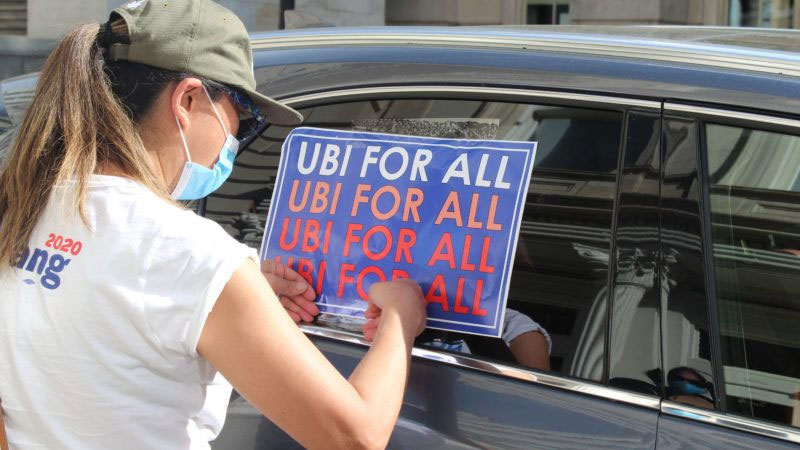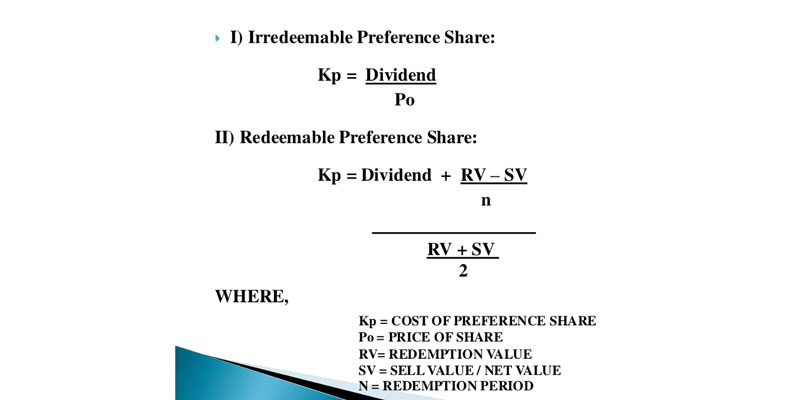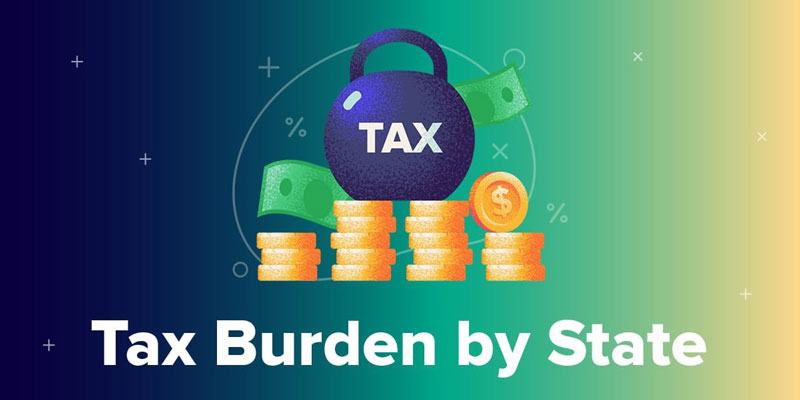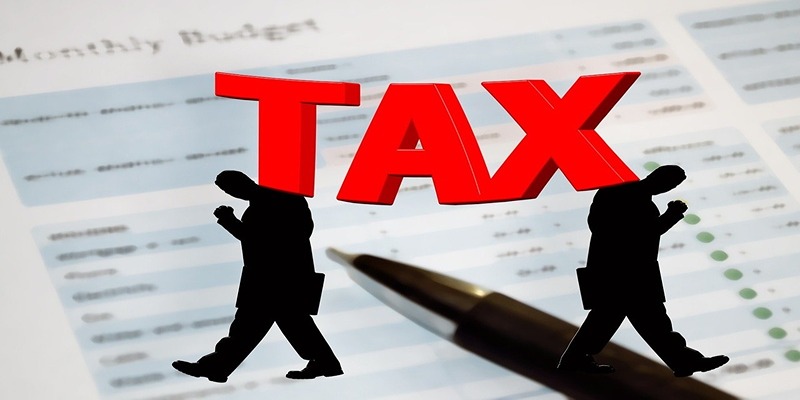You may be tempted to utilize a gadget or app on your smartphone that tracks your driving habits in exchange for a discount on your car insurance premiums if you're trying to save costs. Telematics refers to the collecting of information in this manner and is often related to "usage-based insurance" (UBI). In contrast to criteria unrelated to driving, including marital status as well as credit score, UBI allows for premium increases based on a factor that directly affects driving risk (your behavior). Privacy and consumer protection activists, meanwhile, are concerned about insurers' use of telematics data. It's crucial to know what kind of data is gathered and why before enrolling in a UBI program. Things to consider before enrolling in a UBI insurance plan are outlined below.
What Is Usage-Based Auto Insurance?
Insurance premiums may be adjusted according to a person's use patterns with usage-based automobile insurance. Rates for insurance policies have typically been determined by looking at things like a person's driving record, credit score, and other personal traits that occurred in the past. Telematics is a sophisticated monitoring technology that allows insurers to monitor their clients' driving habits and provide discounts for safe driving. It paves the way for more nuanced pricing, increasing value for cautious motorists. There are typically two types of usage-based insurance:
Pay How You Drive:
This UBI model keeps tabs on how well you drive and in what conditions you drive. Such a system is often used by big insurers as part of a discount scheme.
Pay As You Drive:

Pay-per-mile insurance is a kind of usage-based insurance in which premiums are proportional to the insured's annual mileage. Insurance costs more when a motorist racks up more miles driven, but costs may be kept down by cutting down on mileage.
How UBI works
Accessing bids for Usage-based insurance, which requires installing a telematics device in your vehicle and connecting it to the diagnostic ports on your car's computer or using a mobile app, is now possible in Indiana. In addition to GPS data, the gadget can also record information from a few car sensors. The app or gadget will then begin collecting data on the basis of a wide range of actions and motivating factors. Not many businesses keep tabs on these variables, and fewer yet would use them to determine prospective expenses or discount rates. A trial term with a discount is what the insurance mostly provides to its drivers.
Drivers Profiting From UBI
Those who practice safe driving practices or reduce their vehicle use will be in the greatest position to reap the benefits of UBI. To discourage risky driving, several of the country's top insurers give discounts of at least 20%, with some going as high as 40%. It's also possible to save money by not driving in some conditions. Where accidents are more frequent, your liability, deductible, collision, as well as comprehensive insurance premium discounts will all be lower.
If you're excellent at not accelerating or decelerating too quickly, you may even be eligible for further discounts via special discount programs. Some of these initiatives won't add to the price of unhealthy behaviors, but others will. Some usage-based insurance plans may reward you financially for reducing your car use, but not all of them do. It's the foundation of pay-per-mile plans, which provide those who drive fewer distances annually with more opportunities to save money. Those that drive less due to their profession or lifestyle would profit greatly from this.
UBI: Worth the Cost?

You should determine whether you're OK with your insurance provider tracking your driving patterns, Your telematics data could still be compromised. If you're presently paying high rates but know you're an exceptionally safe driver based on the factors assessed by telematics apps and devices, it may be worth sacrificing some privacy to get lower rates. If you're a novice driver or a parent who wants to keep tabs on their teen's driving habits, UBI might be a suitable option for you.
However, your choice to enroll in telematics or even usage-based insurance programs may be influenced by the insurer's responses to your questions regarding privacy and the level of openness that comes with those responses. Even if consumers are assured that their data will not be sold, there will always be some who are uncomfortable with the idea of having their driving habits monitored and nudged to improve.
Conclusion
Insurers may change premiums or provide discounts depending on their clients' driving patterns using usage-based insurance (UBI). There has never been a better time for UBI initiatives to flourish, as more and more Americans are taking advantage of the flexibility that comes with working from home. Telematics systems enable insurance agencies to monitor a wide variety of driving-related parameters by means of a plug-in device or mobile app.




